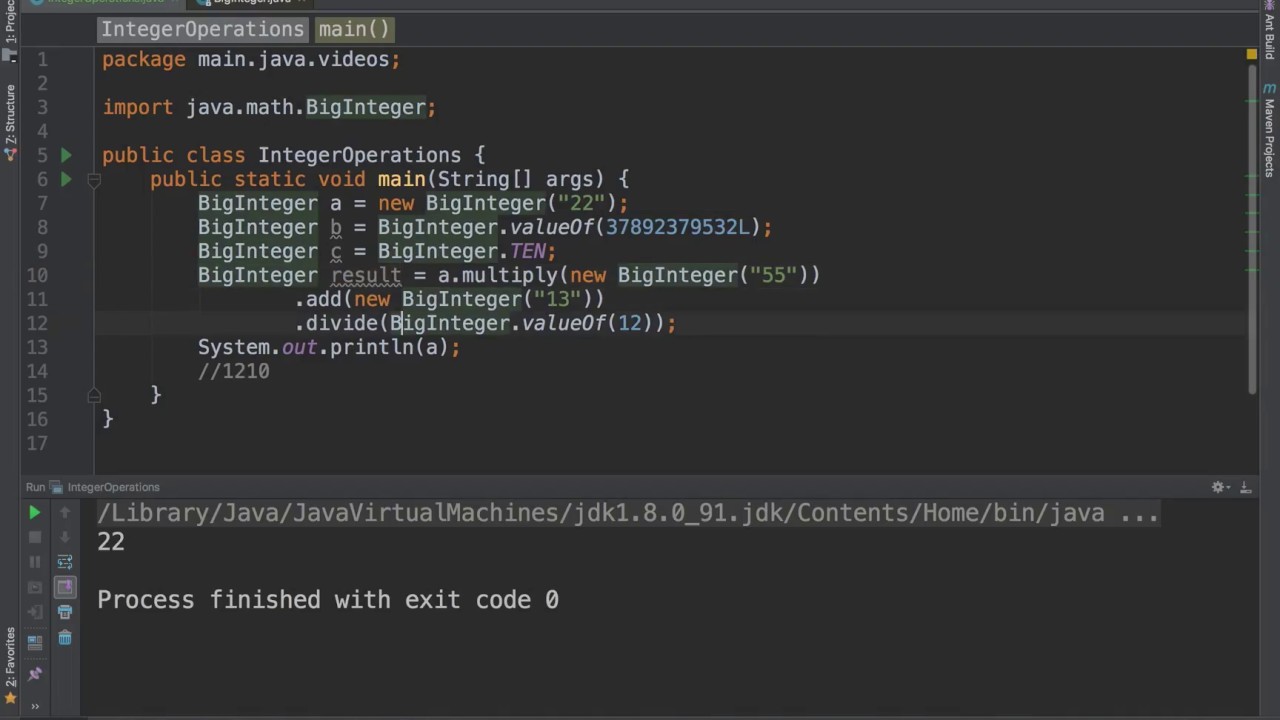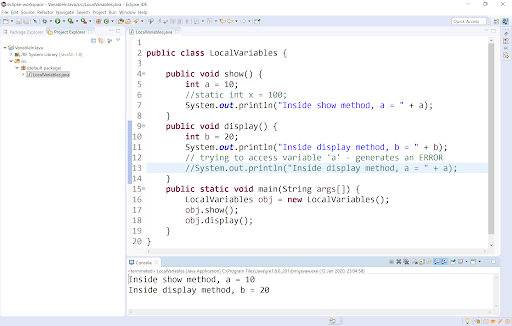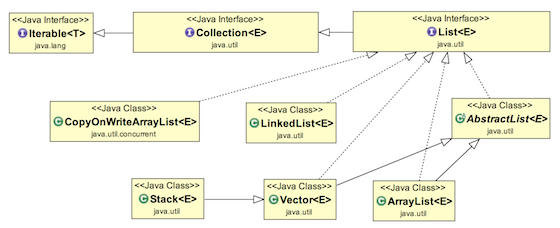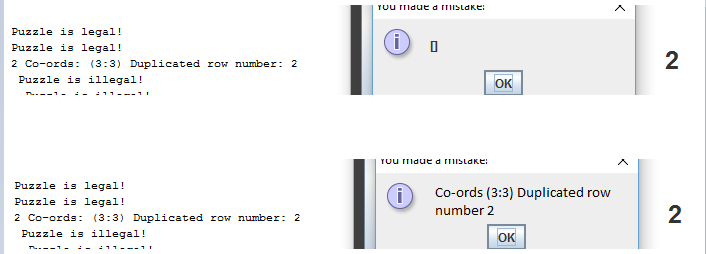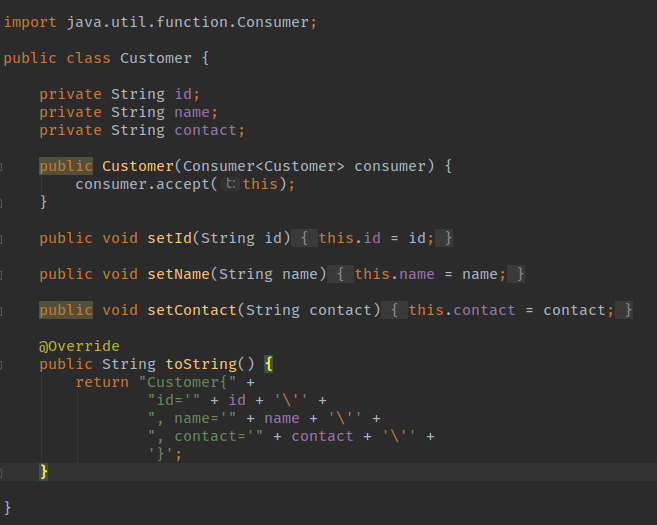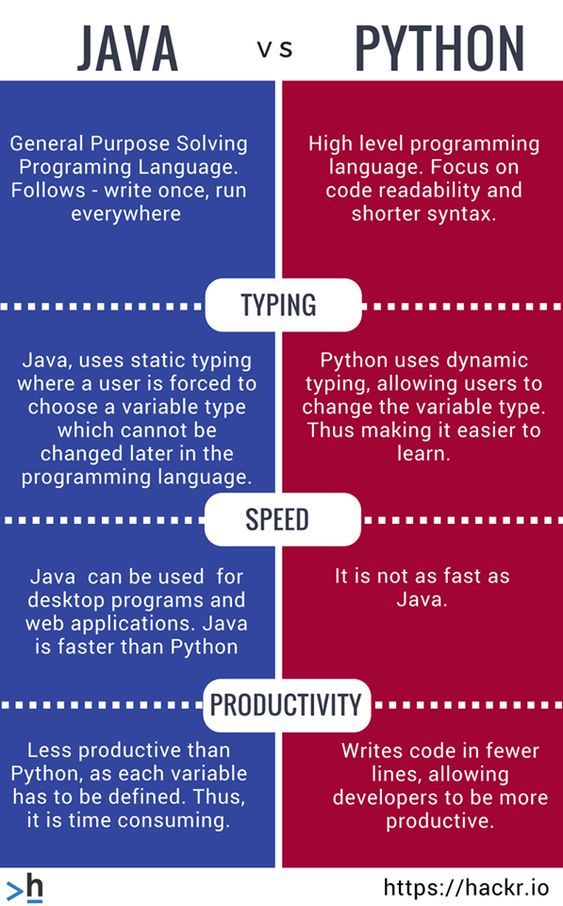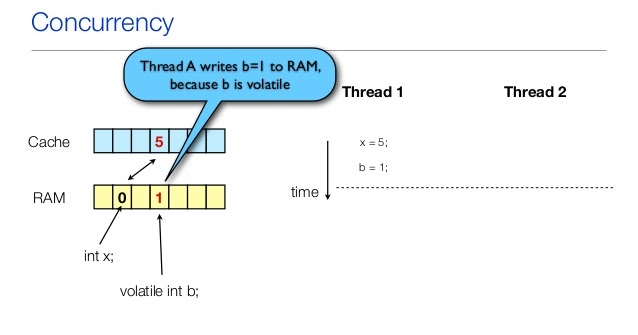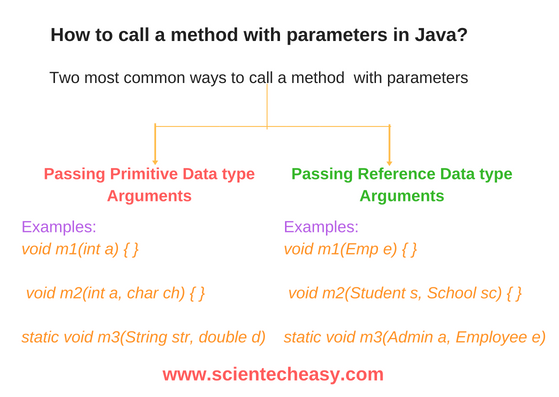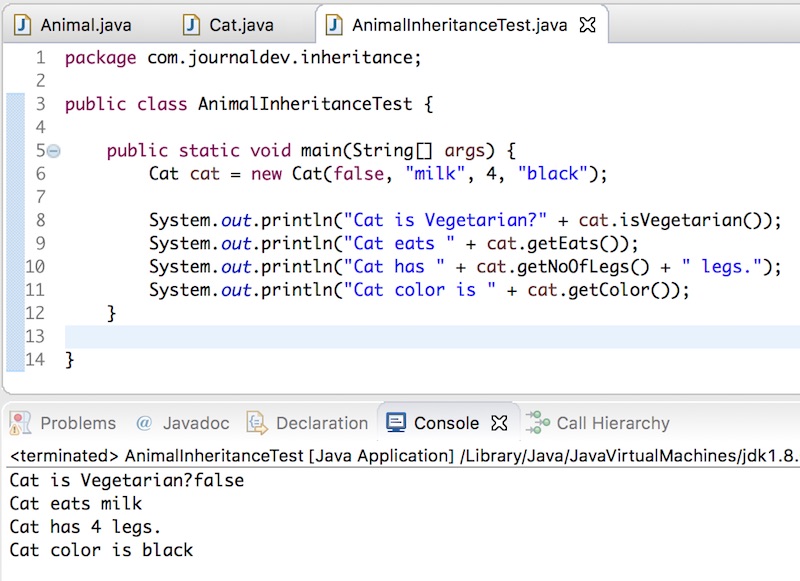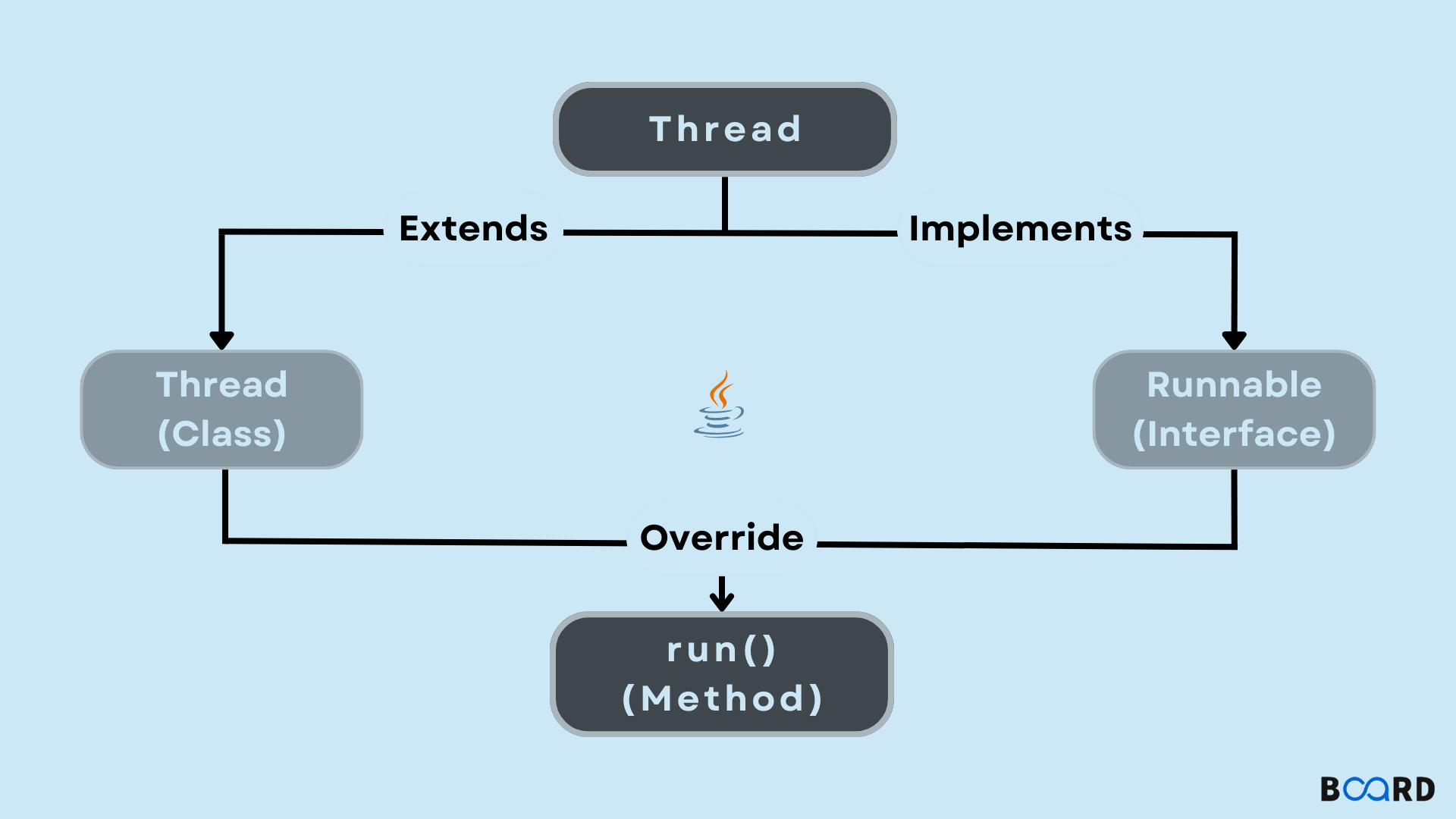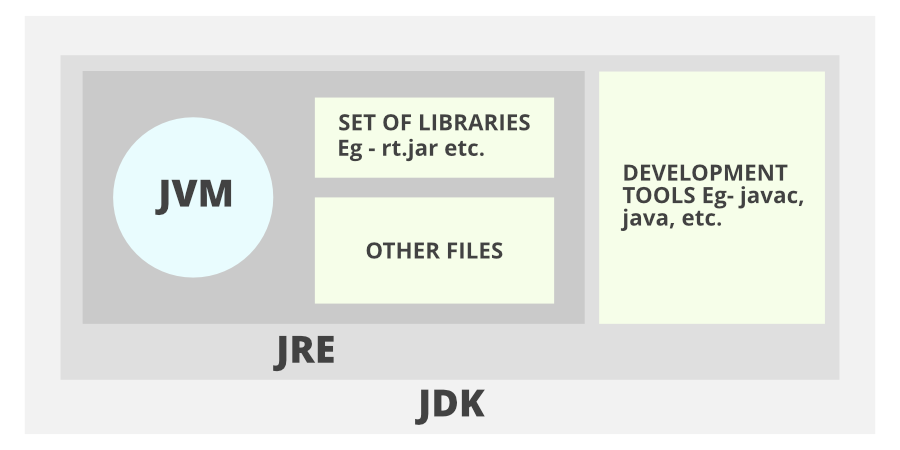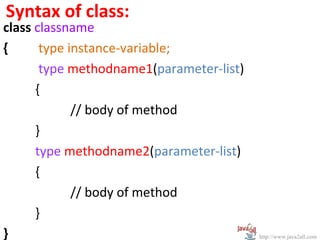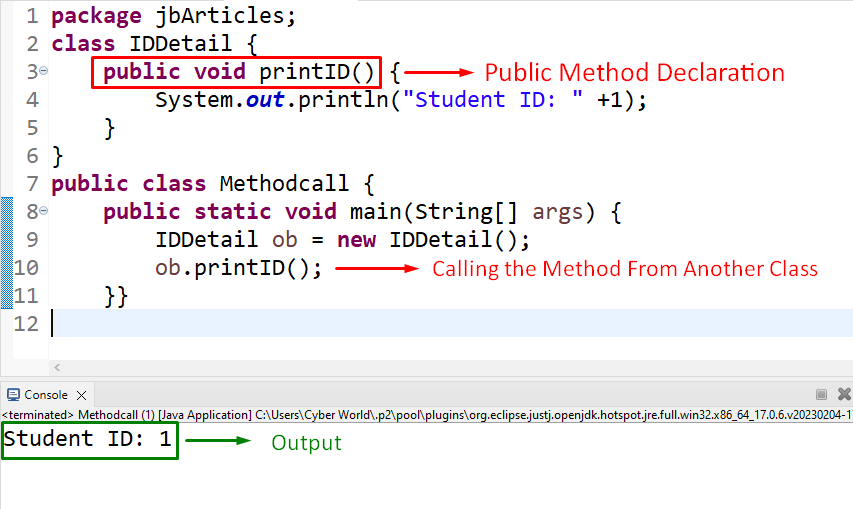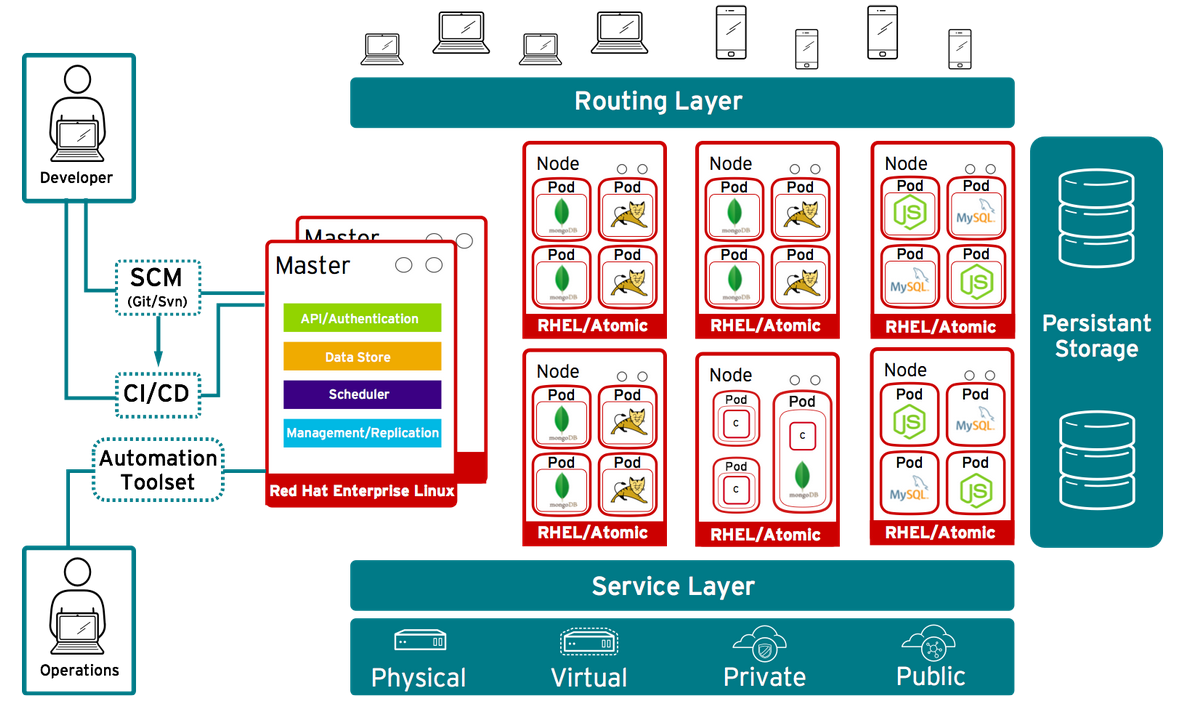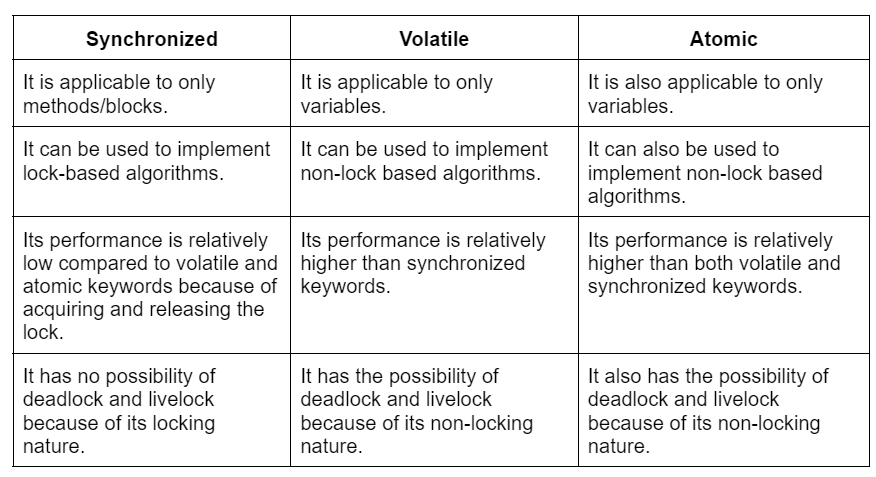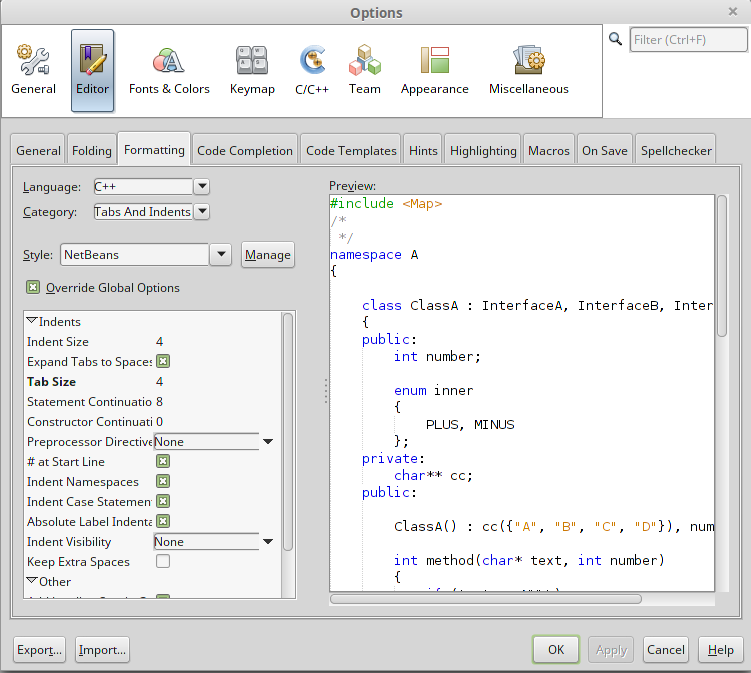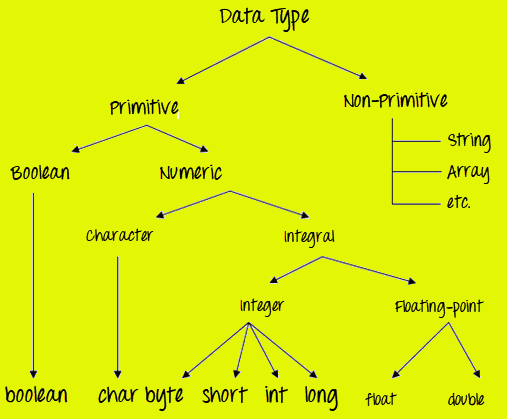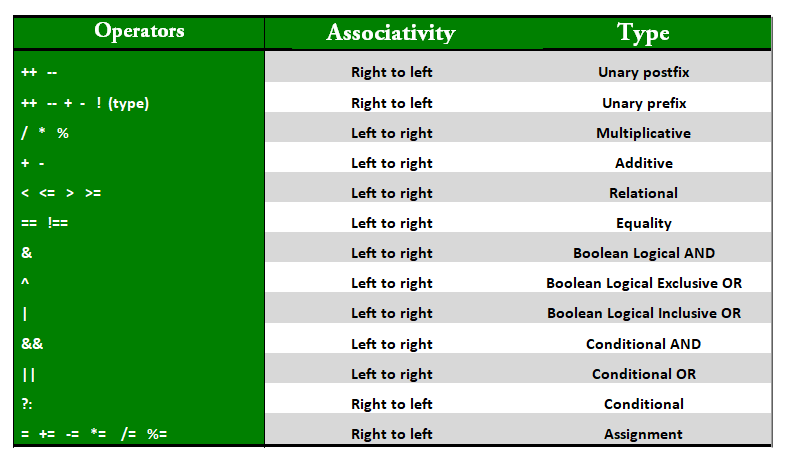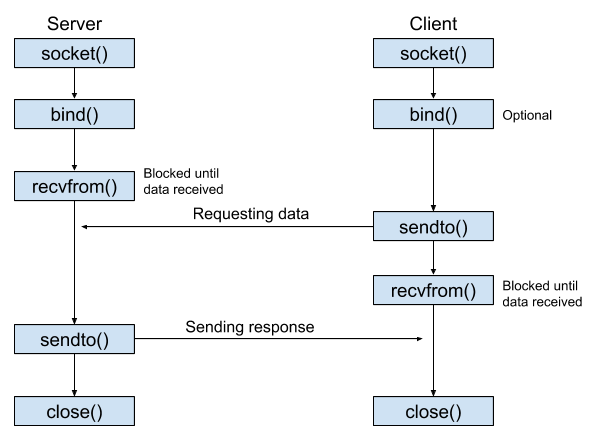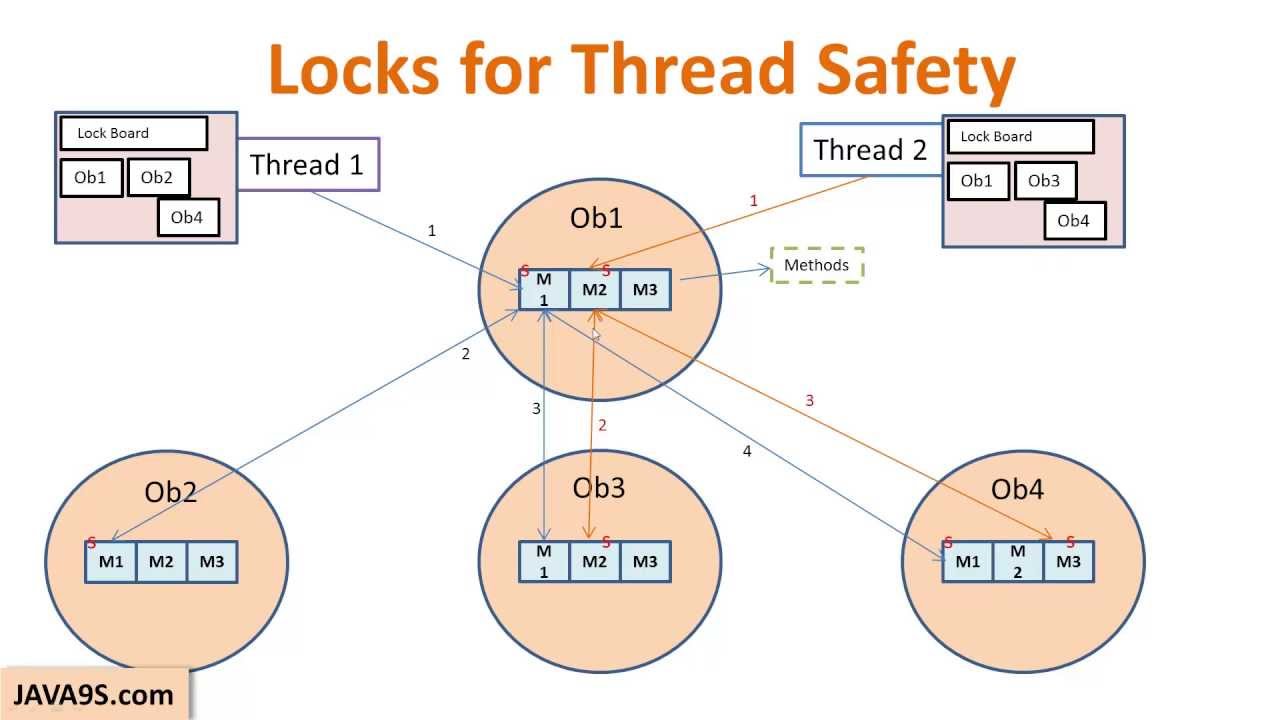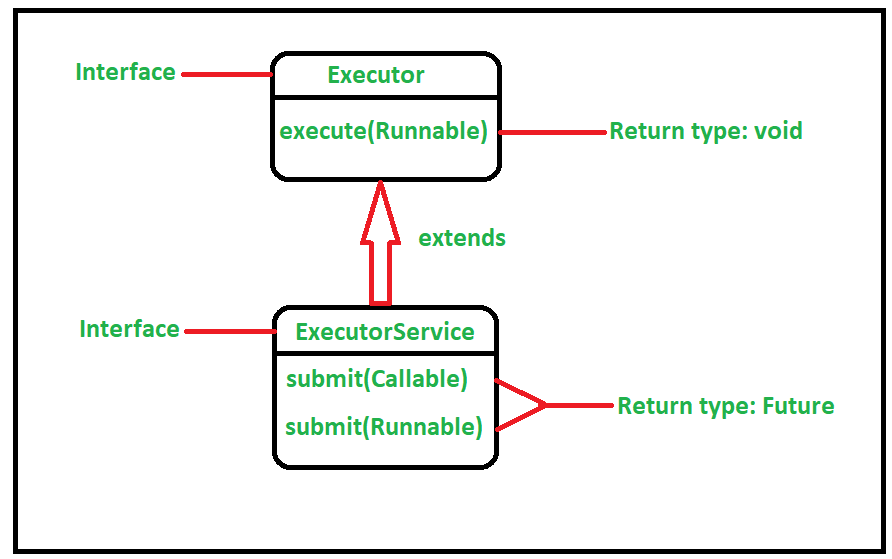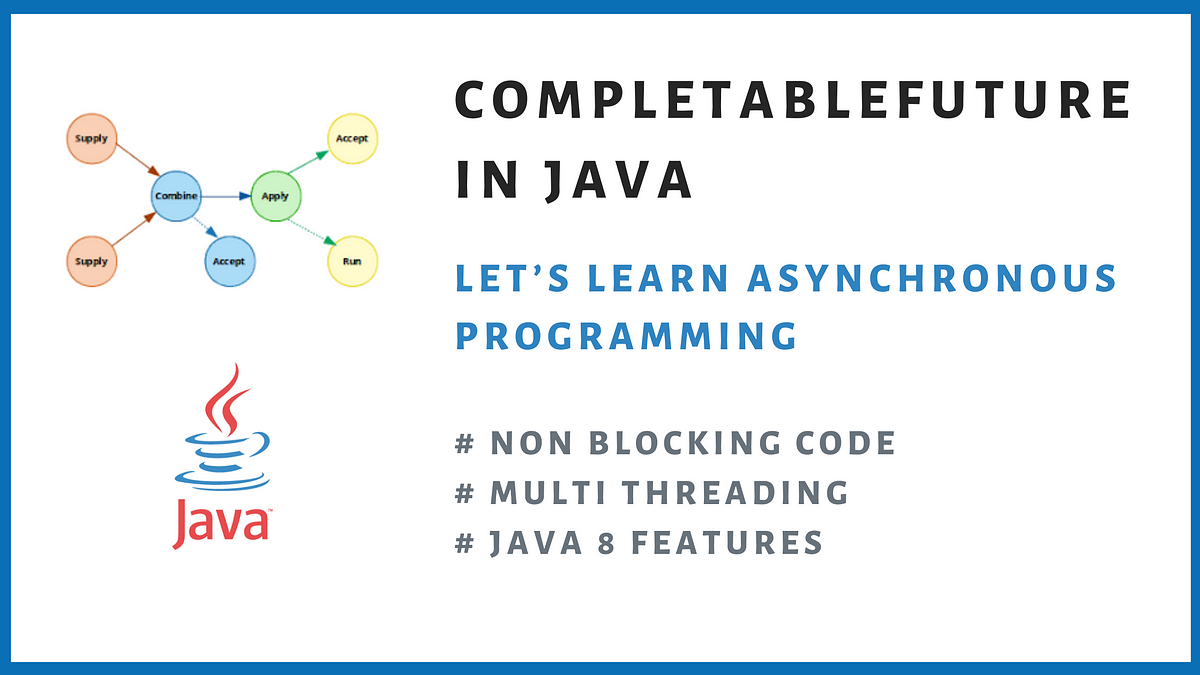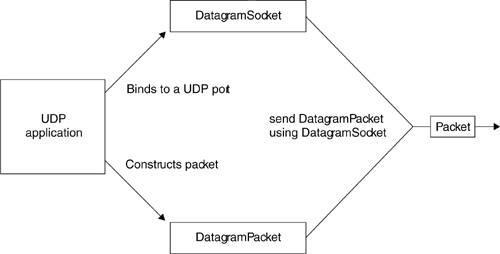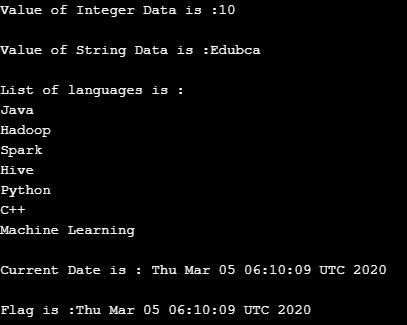What is the abstract class in Java?
What is the abstract class in Java?
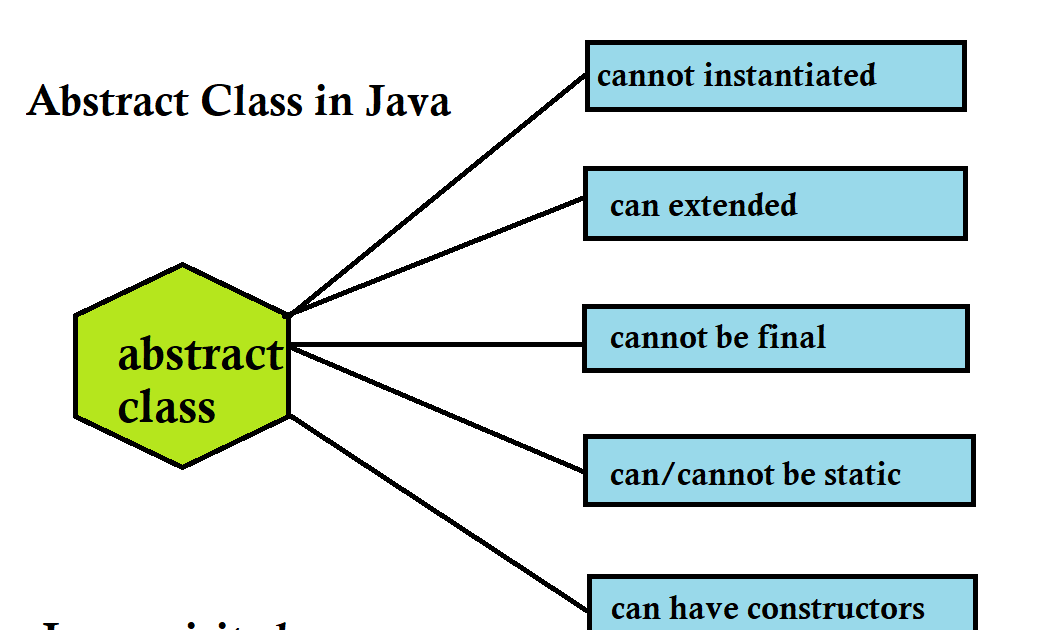
In Java, an abstract class is a blueprint for other classes that can inherit its properties and methods. It's a fundamental concept in object-oriented programming (OOP) that allows you to create a template or a base class that defines common attributes and behaviors shared by multiple subclasses.
An abstract class typically contains some or all of the following characteristics:
Abstract methods: These are methods declared without an implementation, meaning they don't have a body. Subclasses must provide their own implementation for these methods when they inherit from the abstract class. Concrete methods: These are methods that do have an implementation and can be used directly by the subclass or other classes that inherit from it. Abstract variables: These are variables declared without initialization, meaning you don't assign a value to them. Subclasses can choose whether to initialize these variables or not. Concrete variables: These are variables with initial values that can be accessed by subclasses.Here's an example of what an abstract class might look like:
public abstract class Vehicle {
// Abstract method (must be implemented in subclass)
public abstract void drive();
// Concrete method (can be used directly)
public void honk() {
System.out.println("HONK HONK!");
}
// Concrete variable (initialized with a value)
private int speed = 0;
}
To create an instance of an abstract class, you need to inherit from it and provide implementations for the abstract methods. For example:
public class Car extends Vehicle {
@Override
public void drive() {
System.out.println("Driving...");
}
// Add more methods or variables specific to the Car class...
}
In this example, Car is a concrete subclass that inherits from the abstract Vehicle class. It provides its own implementation for the drive() method and can use the honk() method and access the speed variable.
The benefits of using abstract classes include:
Encapsulation: You can control how certain methods or variables are accessed by subclasses. Polymorphism: Abstract classes enable you to write code that works with different types of objects without knowing their specific class at compile time. Code reuse: By providing a common base class, you can share common attributes and behaviors among multiple related classes.In summary, abstract classes in Java are a powerful tool for creating reusable blueprints or templates for other classes. They allow you to define shared properties and behaviors that can be inherited by subclasses, promoting code reuse, polymorphism, and encapsulation.
java abstract class vs interface
The age-old debate: abstract classes versus interfaces in Java! Both are essential constructs that enable developers to define blueprints for objects and provide a foundation for inheritance. So, let's dive into the differences between these two powerful tools.
Abstract Classes
An abstract class is a class that cannot be instantiated directly; it serves as a base class for other classes. Abstract classes can have both abstract (unimplemented) methods and concrete (fully implemented) methods. The primary characteristic of an abstract class is that it must be subclassed by another class, which inherits its properties and behavior.
Key Features:
Inheritance: An abstract class provides the foundation for inheritance, allowing subclasses to inherit and extend its functionality. Method implementation: Concrete (fully implemented) methods can be provided in an abstract class, while abstract (unimplemented) methods require implementation by a subclass. State management: Abstract classes can maintain state, as they are instantiated objects.Interfaces
An interface is a contract that specifies the behavior of a class without providing any implementation details. Interfaces define a set of methods that must be implemented by any class that implements it. Unlike abstract classes, interfaces cannot provide method implementations; each method is declared abstract.
Key Features:
Method declaration: Interfaces declare abstract methods that must be implemented by classes that implement them. No inheritance: Interfaces do not support inheritance; instead, they define a contract for classes to adhere to. No state management: Interfaces are not instantiated objects and cannot maintain state.When to Use Each
Use Abstract Classes: When you want to provide some implementation details while still allowing subclasses to inherit and extend the behavior. When you need to control the state of a class or provide accessors/mutators for its fields. Use Interfaces: When you only want to define the contract or protocol that classes must adhere to, without providing any implementation. When you want to ensure that multiple classes conform to a specific behavior or API.In summary, abstract classes and interfaces serve different purposes in Java programming. Abstract classes provide inheritance, method implementation, and state management, making them suitable for more complex scenarios. Interfaces define a contract, requiring implementing classes to adhere to its methods, making them ideal for simpler scenarios where behavioral consistency is crucial.
Now that you've gained insight into the world of abstract classes and interfaces, remember:
Choose abstract classes when you need inheritance, method implementation, or state management. Select interfaces when defining a contract or protocol without providing implementation details.Hope this explanation helps clarify the differences between abstract classes and interfaces in Java!
